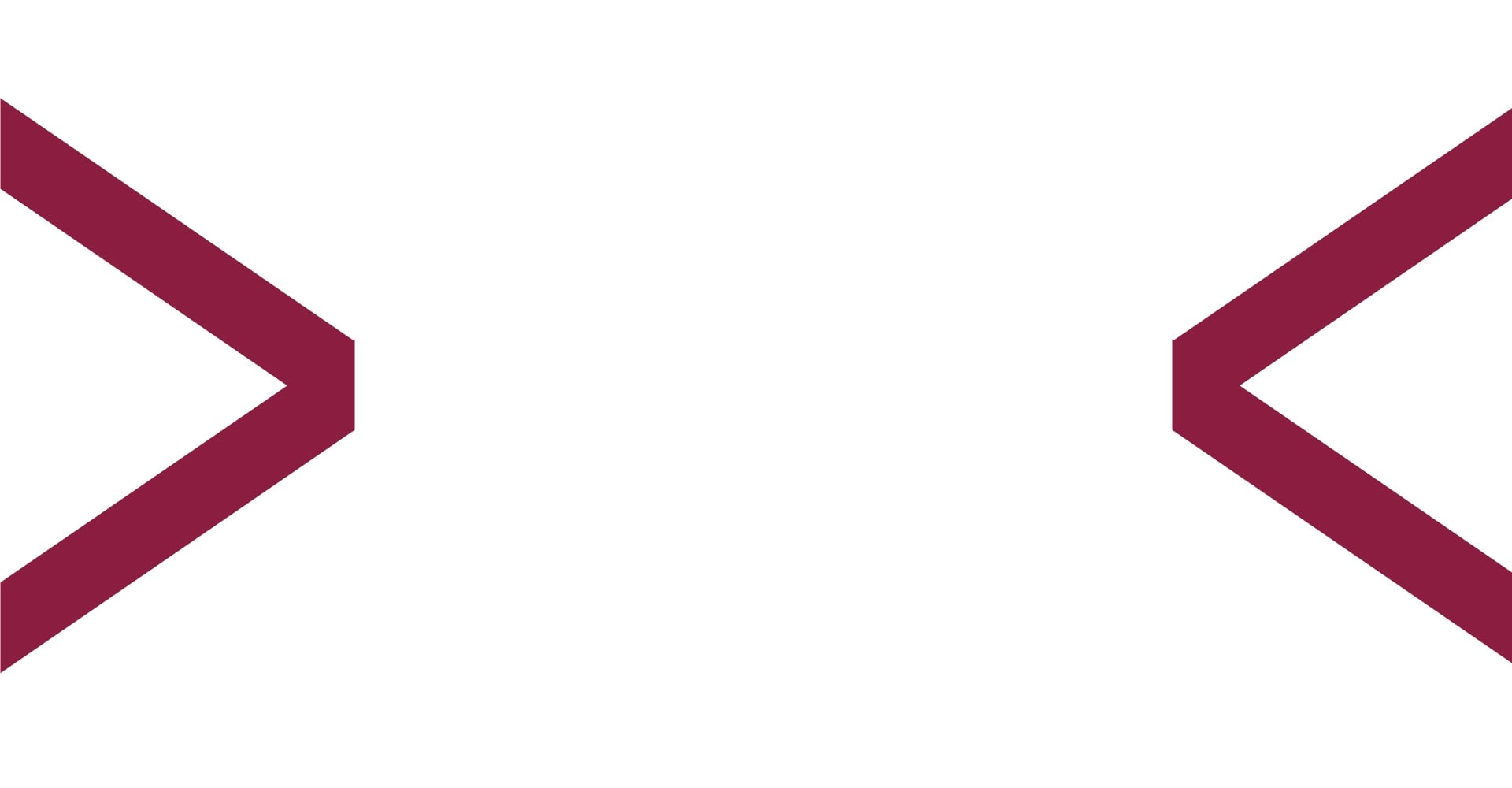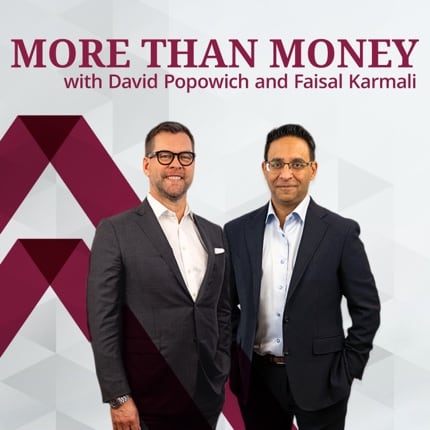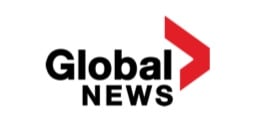Whether you want to advance medical research, protect the environment, support the arts, or help the people who need it in your community and around the world, giving back speaks to who you are and the values you hold.
But did you know that there are more strategic and tax-efficient ways to support the causes that matter to you than simply donating cash?
Here are three alternative ways to help you achieve your philanthropic goals:
In Kind Donations
If you want to make a gift to your favourite charity while also saving more on your taxes, consider donating publicly traded securities rather than cash. Under the current tax rules, the government encourages in-kind donations in a couple of ways:
- When you donate publicly traded securities, you can claim the donation tax credit for the value of the securities on the date that the charity receives them. For the first $200 of donations you claim each year, the federal donation credit is 15%. Each province also provides a provincial donation tax credit. Once you have made at least $200 of donations in any given year, more donations save more tax.
- If the publicly-traded securities have appreciated in value since you purchased them, the tax on this gain is eliminated when you donate the securities directly to charity, rather than selling them and donating the proceeds.
These benefits often make in-kind donations a more attractive option than donating cash for many high-net-worth individuals.
But things are changing
The 2024 federal budget proposed several amendments to the Alternative Minimum Tax (AMT) that could have tax consequences for high-income taxpayers who make large donations. Three notable changes are:
- 100% of capital gains will now be included in the AMT base (up from 80%);
- 30% of capital gains on donations of qualifying securities will now be included in the AMT base (up from 0%);
- And 80% deduction for the donation tax credit (down from 100%).
How will these changes impact the way your donations are taxed?
If you plan on making a large charitable donation, the proposed rules may add some complexity to your situation. However, there are ways to minimize the potential impact. Talk to your advisor about the best ways to support the causes that matter to you in the most tax-efficient way possible.
Private Foundations
Thinking about starting your own private foundation? The administrative, tax, legal, and accounting requirements can be costly and time consuming. Luckily, there is a simple solution: Donor Advised Funds (DAFs).
A DAF is like having your own charitable foundation, but without the high costs and complexity. It essentially piggybacks on certain public foundations (i.e. those established by a financial institution) by permitting you to create a “mini-foundation” within the larger public foundation.
So how does it work?
You start by making a donation to your DAF. The minimum required donation varies, but is typically at least $10,000. You can donate cash, publicly listed securities, life insurance policies, and gifts from your estate through your will.
A charitable tax receipt will be issued for the fair market value of your gift.
The funds can grow inside the DAF tax-free and each year you can recommend distributions to be made to registered charities of your choice. (While the foundation’s board technically has the final say, most will follow your recommendations.)
The funds inside your DAF are professionally managed by your Investment Advisor.
And the best part? You don’t have to worry about any of the administrative details or record keeping.
While foundations do charge an overhead fee for this service, it is typically a lot less than it would cost through your own private foundation. Most DAFs will allow you to name your fund and appoint your kids (for example) as successors so that they can continue your charitable legacy even after you are gone.
Life Insurance
A life insurance policy is a great option for those wishing to donate a large amount for a relatively small cost. With the right strategy, life insurance can help reduce taxes during your lifetime and for your estate after you are gone.
There are three main ways to incorporate life insurance into a charitable giving strategy:
- Take out a new policy in the name of the charitable organization: You will receive a tax receipt for the cash value of the policy and for any premiums you pay, and the charity will receive the insurance proceeds upon your death.
- Transfer ownership of an existing policy to a charity: You will receive a charitable tax receipt for the cash value of the policy. If you owe annual premiums on the policy, you will still pay them, but you will also receive tax receipts for your payments.
- Name the charity as the beneficiary of an existing policy: This is a good option if you have a policy of which you would like to retain ownership, but your family no longer needs for financial stability. The charity will receive the death benefit proceeds upon your death, and a tax receipt for the full amount will be issued to your estate.
With the right strategy, life insurance can help you give back to your community while also benefiting you from a tax perspective.
It is important to review your giving options with your advisor to ensure you can make a difference in a way that best suits your needs and financial circumstances.
David Popowich and Faisal Karmali are Investment Advisors with CIBC Wood Gundy in Calgary. The views of David Popowich and Faisal Karmali do not necessarily reflect those of CIBC World Markets Inc.
This information, including any opinion, is based on various sources believed to be reliable, but its accuracy cannot be guaranteed and is subject to change.
CIBC Private Wealth consists of services provided by CIBC and certain of its subsidiaries, including CIBC Wood Gundy, a division of CIBC World Markets Inc. Insurance services are available through CIBC Wood Gundy Financial Services Inc. In Quebec, insurance services are available through CIBC Wood Gundy Financial Services (Quebec) Inc. The CIBC logo and “CIBC Private Wealth” are trademarks of CIBC, used under license. “Wood Gundy” is a registered trademark of CIBC World Markets Inc.











